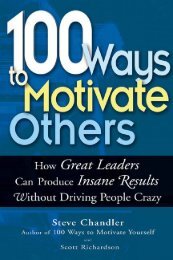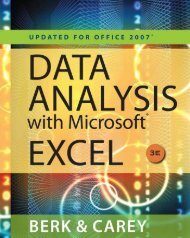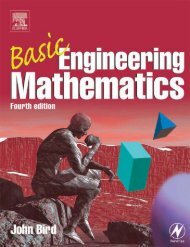How-to-Write-a-Better-Thesis
Create successful ePaper yourself
Turn your PDF publications into a flip-book with our unique Google optimized e-Paper software.
54 4 Making a Strong Start<br />
<strong>to</strong> settle <strong>to</strong> the task when they sit at their desk, but that, once settled, they can write<br />
fluently. Some work best in silence; some use background music; 2 some like a quiet<br />
corner in a cafe; a friend of mine wrote large chunks of a book sitting in a sheltered<br />
corner of the stands overlooking the local sports ground. The thing each of these has<br />
in common is that the student found a routine that works, and managed <strong>to</strong> stick <strong>to</strong> it.<br />
For the main write-up phase of your thesis, a nine-<strong>to</strong>-five approach is probably<br />
not appropriate. You need <strong>to</strong> be immersed in your work, with a ready knowledge<br />
of what bits of your research are discussed where in your thesis, and with a clear<br />
grasp of how the work flows. The more time you spend with your work, the easier it<br />
will be. This is a contrast <strong>to</strong> the first two-thirds of your research, PhDs in particular,<br />
where the simple fact of the length of the marathon you are engaged in means that<br />
you need <strong>to</strong> balance work and life, and a nine-<strong>to</strong>-five working style avoids burnout<br />
while ensuring that you make steady progress.<br />
I noted earlier the strategy of working on several activities at once, that is, keeping<br />
open a range of tasks that can be worked on. This isn’t limited <strong>to</strong> writing; you<br />
may well, for example, have a routine that has you at a desk in the morning, doing<br />
some writing, and interviewing survey respondents or compiling data in the afternoons.<br />
If you have a <strong>to</strong>pic that lets you do the research at a computer, you may be<br />
able <strong>to</strong> fluidly move between a wide range of tasks. In such an environment, though,<br />
it is important <strong>to</strong> be disciplined. The presence of email and the web can be fatal <strong>to</strong><br />
productivity; when I write, I often physically unplug my computer’s network connection.<br />
It’s unplugged right now.<br />
I ask my students <strong>to</strong> keep a ‘progress log’ of how much time they are putting in<br />
and what they have accomplished every day, and <strong>to</strong> be honest with themselves, so<br />
that they can use it <strong>to</strong> recognize when they are not making progress. Everyone has<br />
a balance of commitments; it is up <strong>to</strong> you <strong>to</strong> get this balance right, and the first step<br />
is <strong>to</strong> recognize that there is a problem. I suggest that you get a notebook and keep<br />
it with you. As well as recording progress, jot down thoughts as they come <strong>to</strong> you,<br />
and don’t worry about whether they might be silly or irrelevant—this is how you<br />
get your thinking started.<br />
As a supervisor, you can’t help but be aware that, during their candidature, PhD<br />
students lead busy lives. Some marry (or divorce), or have children, or buy homes;<br />
or make a substantial commitment <strong>to</strong> activity outside study. Among my full-time<br />
students there have been musicians who are active in bands and orchestras, a sportsman<br />
competing in weight-lifting contests, software engineers with their own businesses,<br />
and a dedicated volunteer firefighter. Some students exploit the flexibility<br />
of a PhD <strong>to</strong> learn other professional skills, or <strong>to</strong> study other fields. The best PhD<br />
students, after all, have a strong intellectual curiosity and it hardly surprising that<br />
their interests are wide-ranging. Nor is it surprising that these interests occasionally<br />
become a serious distraction—something that, obviously, should be avoided.<br />
2<br />
Let me emphasize the word ‘background’—you are kidding yourself if you think you can be at<br />
your most productive while listening <strong>to</strong> music that consumes your attention, or while watching<br />
television for that matter.


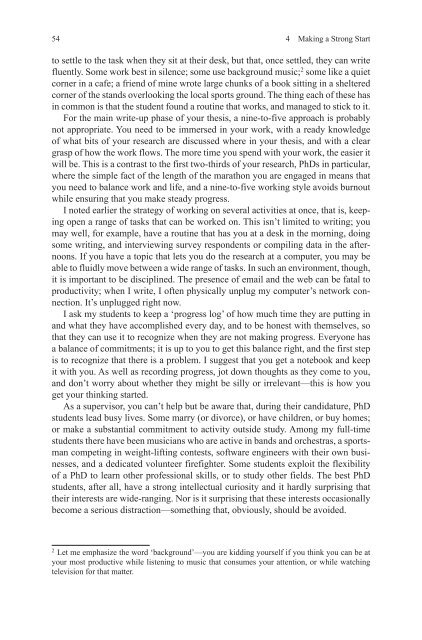

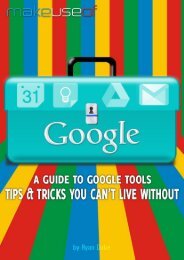
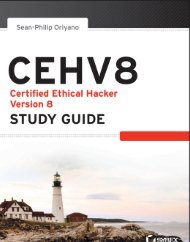
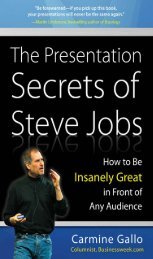
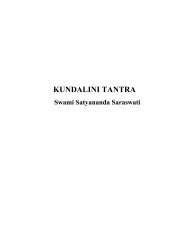

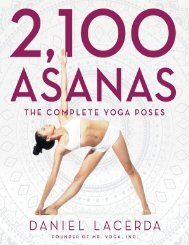
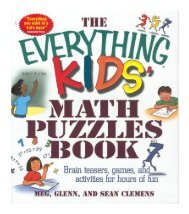



![[Lonely Planet] Sri Lanka](https://img.yumpu.com/59845622/1/169x260/lonely-planet-sri-lanka.jpg?quality=85)
